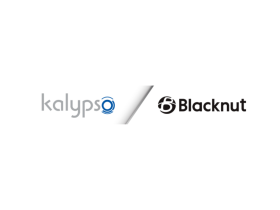Boeing, a leading aerospace company, has verified reports that the LockBit ransomware group demanded an astonishing $200 million ransom following a breach of the company’s network and the theft of sensitive data in October 2023.
In early November, the well-known cybercrime group, with alleged ties to Russia, made public approximately 43 gigabytes of data purportedly taken from Boeing’s IT systems. This included backups of management software configurations, monitoring logs, and auditing tools.
Initially, LockBit shared a 4GB sample of the pilfered data in December, issuing a threat to release more if Boeing did not comply. When the company declined to negotiate, the hackers made the entire trove available online.
While the 43GB data dump is significant, some cybersecurity experts speculate that it may not fully represent the extent of data taken from Boeing’s network.
Boeing, in response to inquiries from Cyberscoop, acknowledged that parts of its parts and distribution business were impacted by the breach but emphasized that it did not pose a threat to aircraft or flight safety. The company declined to comment further, citing an ongoing investigation in collaboration with law enforcement.
The revelation of the $200 million ransom demand, one of the largest known to the public, was disclosed in a recently unsealed U.S. Department of Justice indictment. Dmitry Yuryevich Khoroshev, a Russian national, was identified as the mastermind behind the LockBit operation, which has amassed over $500 million from victims worldwide since its emergence in late 2019.
The attack on Boeing, one of the world’s largest aerospace and defense contractors, highlights the increasing threat of ransomware, even to organizations with substantial resources.
Brett Callow, a threat analyst at Emsisoft, underscored the implications of such attacks, noting that if large corporations struggle to secure their networks, it raises concerns for smaller entities like school districts. He emphasized the need for governments to reconsider their strategies for combating ransomware.
Source: cybersecuritynews.com















Got a Questions?
Find us on Socials or Contact us and we’ll get back to you as soon as possible.